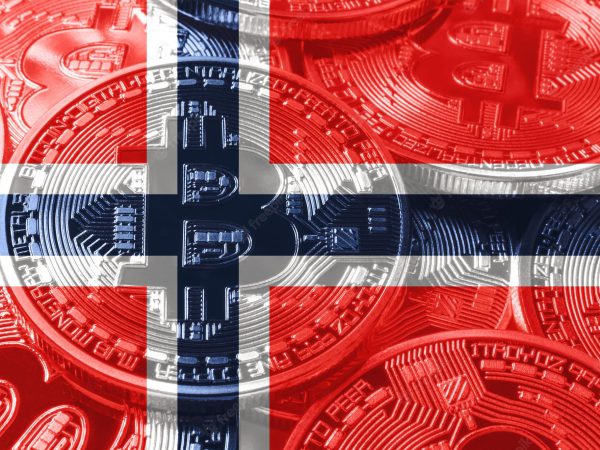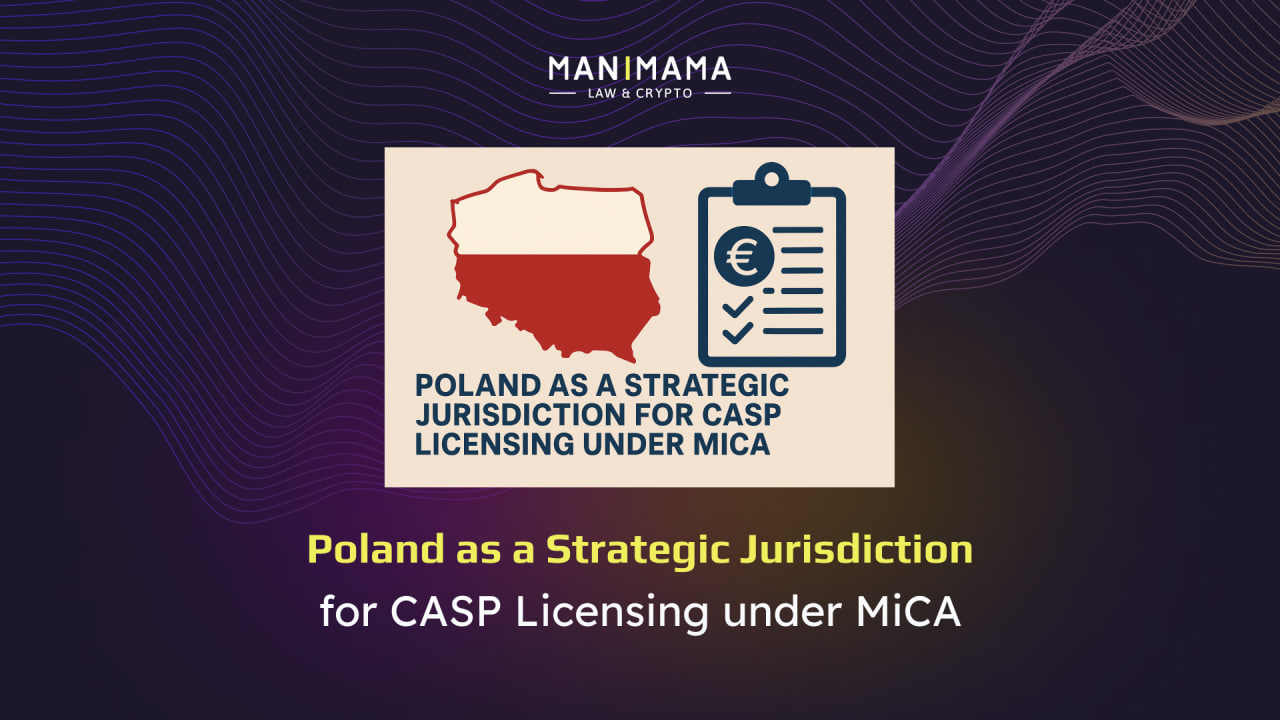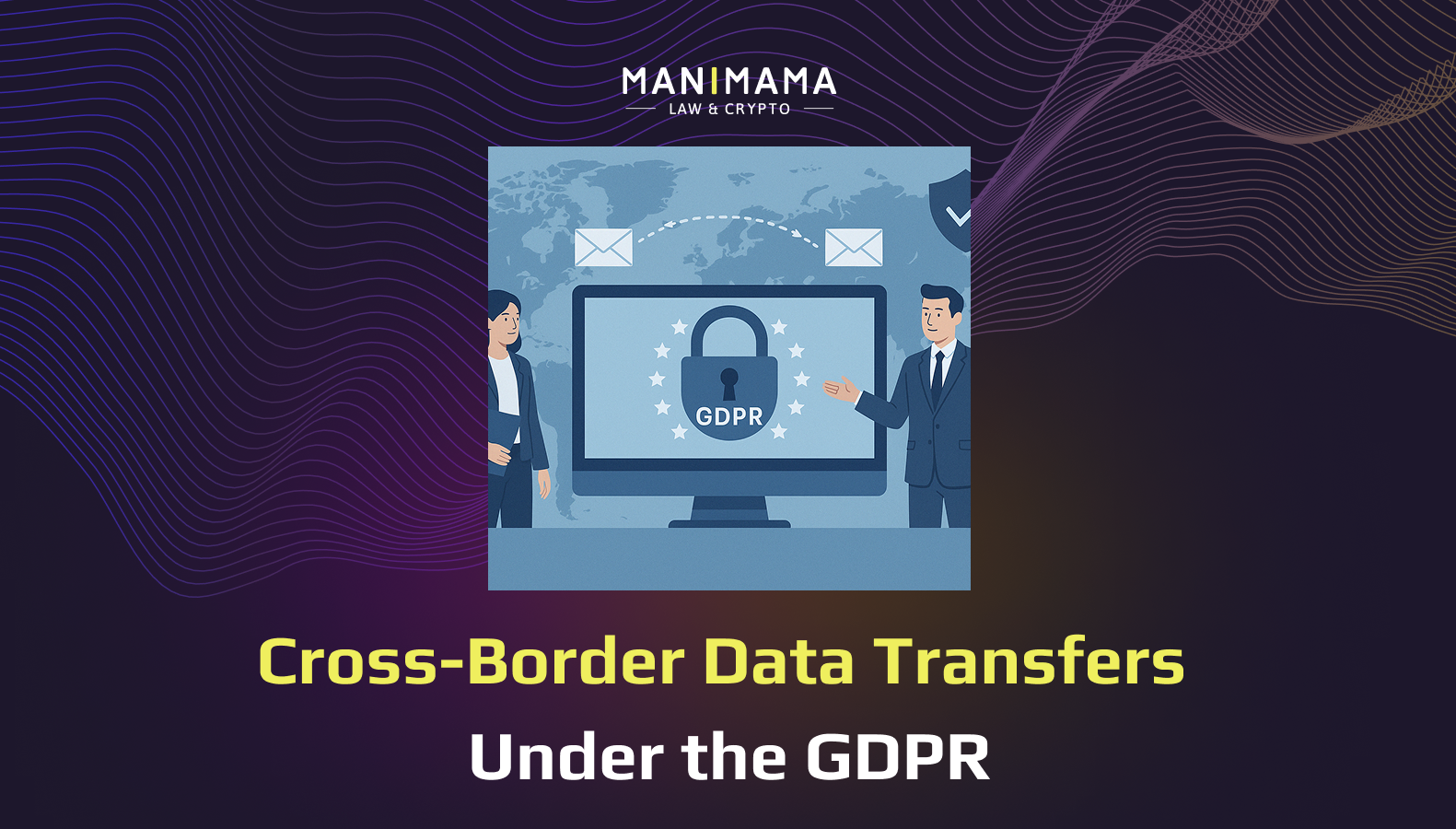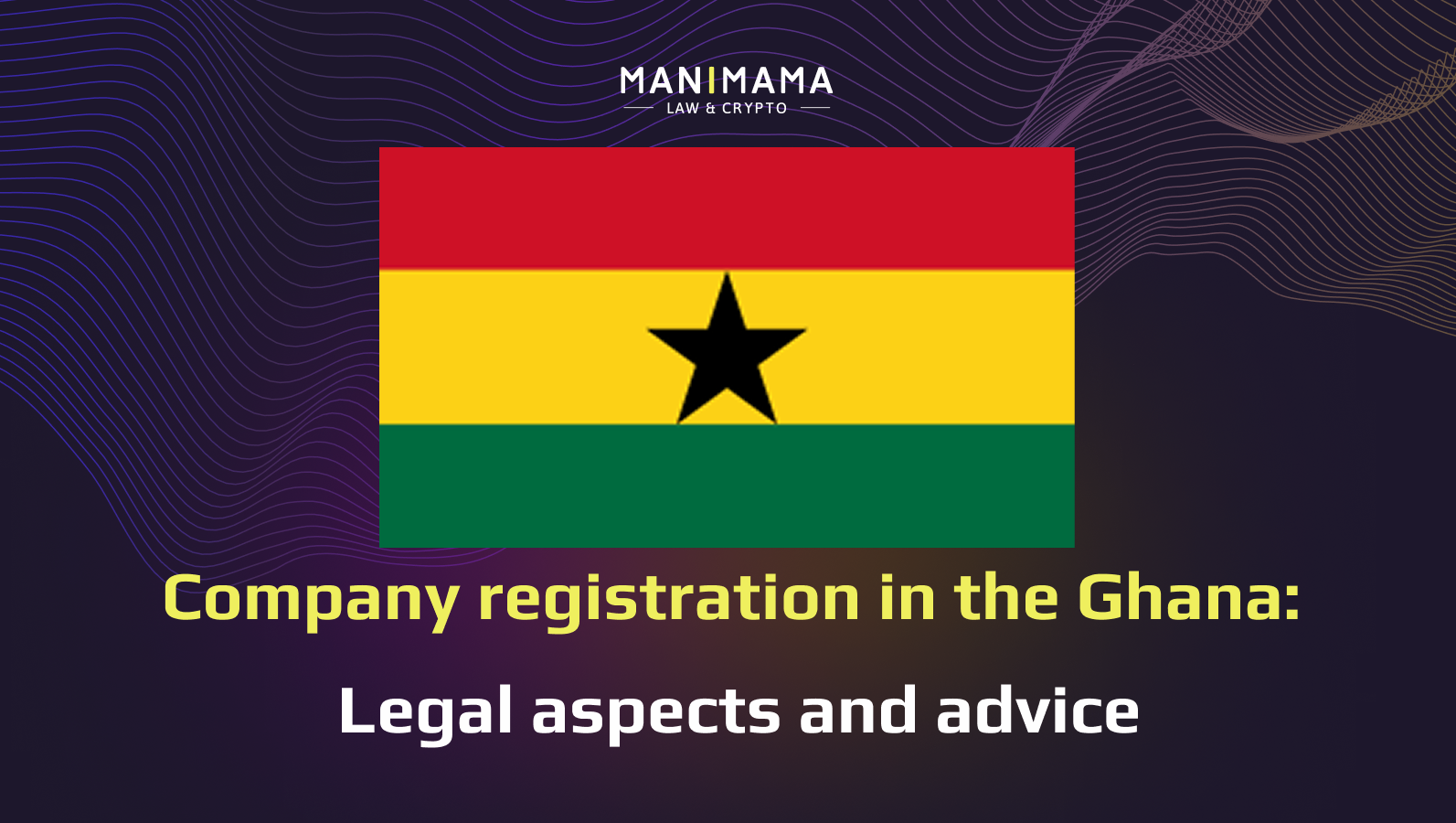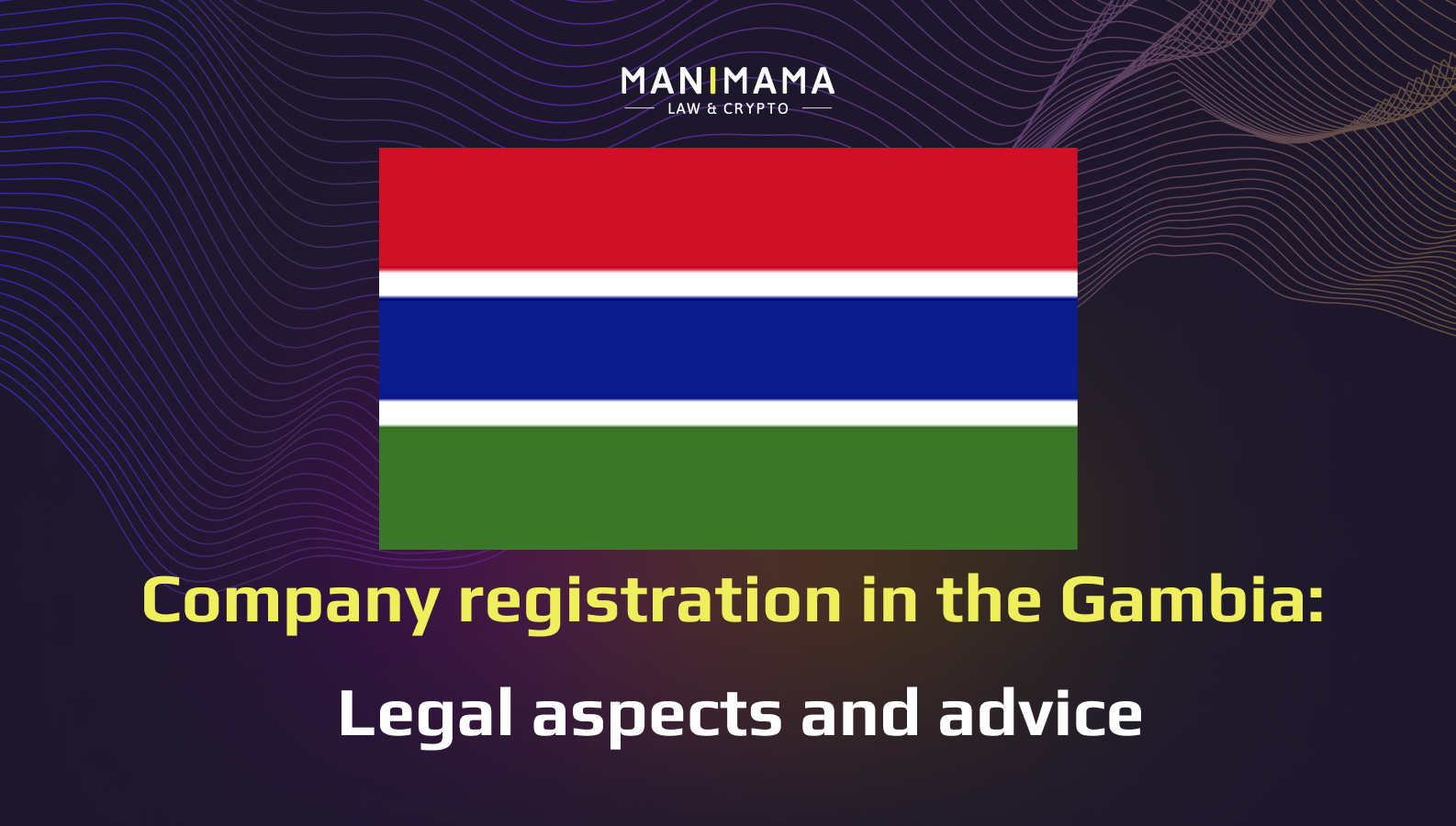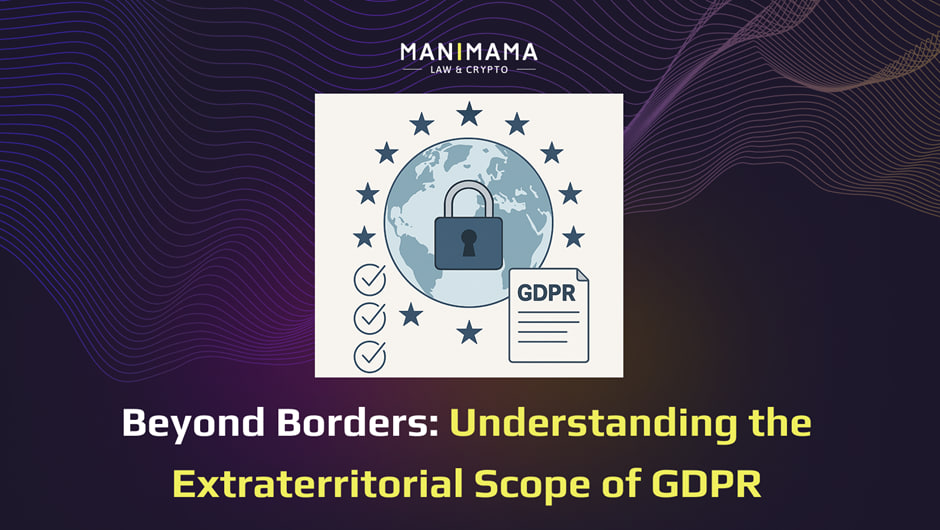According to the Norwegian Government Financial Market report 2021, the virtual asset market has grown rapidly in Norway in recent years, and it has grown especially strongly over the past year. During the pandemic, Norwegian consumers have been increasingly looking for new savings and investment options. Cryptocurrency during this period attracted special attention, compared to other investment options.
Also, the Central Bank of Norway (hereinafter: – “NB”) recently reported that Norwegians use cash coins and banknotes for about 3-4 per cent of their financial transactions. This makes Norway the most cashless society in the world and allows Norwegian consumers to adapt to virtual currencies.
However, in the 2021 report, NB indicates that cryptocurrency is a potential risk to financial stability due to its volatility. In the report, the bank indicates that institutional investors are showing a growing interest in cryptocurrencies and that international banks and other financial institutions are currently exploring opportunities for such investments and offering crypto-related services to clients. It is important to note that NB is paying attention to stablecoins (the cryptocurrency with a stable exchange rate) – “stablecoins can become systemically important”.
Similar risk warnings have also been issued by the Norwegian Financial Supervisory Authority (hereinafter: – “FSAN”). FSAN is an independent state body that performs the function of oversight of enterprises subject to regulatory requirements.
Regulation
There is currently no legislation or regulatory framework in Norway that specifically addresses the regulation of cryptocurrencies. However, some laws apply to activities and services based on virtual currencies, mainly the Law on Measures to Combat Money Laundering and Financing of Terrorism (hereinafter: – “AML law”). In addition to AML law, Securities Trading Act and Financial Undertakings Act regulate payments, investments and utility tokens.
Norway is not a member of the European Union, however, Norway is part of the European Economic Area, which links Norway to the EU internal market and forms the basis of Norway’s European policy. EU legislation does not automatically translate into Norwegian national law, but has a significant impact on it.
In its paper from 2018, FSAN set out the only official definition of virtual assets so far. Thus, virtual currency is defined as a digital representation of value that is not issued by a central bank or other government agency (i.e., not money), but that can be transferred, stored, or traded electronically. Cryptocurrency itself is not a financial instrument under Norwegian law. As such, recommendations for buying and selling cryptocurrencies are not subject to the advisory rules of the Securities Act.
Anti-money laundering requirements
In October 2018, the Ministry of Finance (hereinafter: “MF”) adopted new anti-money laundering rules. The changes concern Norwegian service providers for the exchange and storage of virtual currency. As of 2018, these providers must be registered with the FSAN following Money laundering law.
Following paragraph 5 of article 4 of the AML law, the current law applies to exchange platforms and virtual currency storage services.
It is worth noting that following subjects fall under the auspices of AML law if the company is registered in Norway; the company operates from Norway, or the company’s activities are focused on the Norwegian market.
Also, according to article 10 of the AML law the company undertakes to perform a customer verification if:
- it has established business relationships with clients;
- transactions are made with customers with whom the company does not have an established business relationship, while:
- the transaction amount is equal to or greater than 100,000 NOK (9,500 euros);
- the transaction is a money transfer equal to or greater than NOK 8,000 (750 euros);
- there is suspicions of money laundering or terrorist financing.
In addition, measures are established that apply to the client when the client is an individual or a legal entity.
If the customer is an individual, the following information should be obtained about the customer:
- name and address;
- the national identity number (fødselsnummer), D number or, if the client does not have such a number, another unique identification code. For persons without a Norwegian identity number or D number, date of birth, place of birth, gender and citizenship, including whether the person has multiple citizenships, must be obtained.
If the customer is a legal entity, the following information should be obtained about the customer:
- company name;
- organizational form;
- organization number;
- address;
- the name of the CEO and members of the board or persons holding a similar position.
All of these measures must be documented and established to understand the ownership and control structure of the client.
According to article 35 of the AML laws, persons who are authorized to report to FSAN must, through internal control in the company, ensure compliance with the law. When required by the risk and nature of the business assessment, the organization shall:
- appoint a compliance officer;
- assess the suitability of employees for knowledge of the rules of this law;
- organize an independent compliance audit with the internal regulations of the company.
It should not be forgotten that banks must also comply with money laundering regulations in all cases when valuables are transferred to the bank. This also includes values that are realized through cryptocurrency. When clients need to transfer money received from investments in or trading cryptocurrencies, banks are required to conduct surveys about to identify where the funds come from. Especially when the government has identified the money laundering risk associated with cryptocurrencies as high, banks are required to conduct thorough investigations. Therefore, customers should expect that Norwegian banks may require relevant documentation for transfers in cryptocurrency.
Licensing
There is no license for virtual asset providers in Norwegian jurisdiction, however, companies that provide such services must register with the FSAN and obtain the appropriate permission to operate.
The registration is mandatory for entities that provide services, such as:
- offer customers to trade or exchange virtual currency into an official currency, such as Norwegian kroner, or vice versa;
- offer customers to switch between different types of virtual currencies, for example, between Bitcoin and Ethereum;
- facilitating trade and exchange by linking buyers and sellers, for example through a trading platform;
- holding private cryptographic keys on behalf of others to transfer, hold or trade virtual currency.
Providers of the above services are subject to the rules, regardless of how the service is organized. Therefore, the registration obligation also applies to service providers who:
- are currently operating without registration in the business register,
- conduct business through a private account,
- work through platforms; or
- whose activities are aimed at the Norwegian market.
The activity itself is the basis for registration requirement.
Registration
It is possible to apply for a registration by sending an email form to FSAN. The application documents to FSAN must be supported with the following necessary information as specified in the articles 1-3 of the AML law:
- the name of the applicant;
- form of organization and organization number;
- legal address;
- the services offered;
- name, residential address and date of birth or d-number of the CEO or persons holding a similar executive position; members of the board or persons holding a similar position;
- documentation by risk assessments and company procedures, as per articles 7 and 8 of the AML act.
FSAN notes that service providers must be registered in the commercial register and the provision of services will be carried out through a separate company account. As part of the registration, the company must attach the following documents:
- the type of service offered, with a detailed description of the exchange service and/or storage service. The documentation should contain specific descriptions of the functionality of the service. For example, following need to be explained: how transactions should be made; what types of currencies (official and virtual) can be exchanged and/or stored; how transactions should be carried out and briefly about what systems are used, etc.;
- enterprise risk assessment and money laundering procedures to identify risk associated with its activities. The procedures should, among other things, be adapted to the nature and scale of the business and be based on an assessment of the risks of the business;
Completed Suitability assessment form and a certificate of non-conviction no older than 3 months or the general director, board members, or another person who actually manages the business.
FSAN may reject applications that do not comply with the requirements of the Money Laundering Act. If the information attached to the application for registration is incomplete, the regulator will not register the company. It is forbidden to launch services for the exchange or storage of virtual currency until FSAN makes a positive decision on registration. If the conditions for registration are no longer met, FSAN may withdraw the registration.
Virtual currency service providers, in turn, are required to report following money laundering regulations and must comply with some requirements to prevent and detect attempts to launder money obtained by criminal means and terrorist financing. By following the link, it is possible to see the crypto companies that are registered and have received a permission to operate from FSAN in Norway.
Fintech license
FSAN recently announced the “regulatory sandbox” to issue fintech licenses to financial companies, new players who want to offer financial services, or players outside the financial industry who offer services to companies under supervision.. In the regulatory sandbox, companies are allowed to launch innovative new products, technologies and services under the supervision of FSAN.
The purpose of the sandbox is to:
- promote innovative companies by gaining a deeper knowledge of the rules;
- contribute to the expansion of FSAN ‘s understanding of new technological solutions in the financial market;
- contribute to an increase in technological innovation and the emergence of several new players.
FSAN notes that admission to a regulatory sandbox is not an endorsement or assessment of the quality of a product, technology, or service.
Sandbox participants can be existing financial companies, new players that want to offer financial services or players outside the financial industry that offer services to companies under the supervision. Worth to note that, at the moment, no company involved in the provision of services related to cryptocurrency has received this license in Norway.
EMI license
Companies wishing to issue electronic money (monetary value stored electronically and recognized as legal tender) must apply for e-money license. Electronic money can be issued with some types of licenses (Articles 2-4 of the Financial Enterprises Law), and an electronic money company license is one of them. E-money companies are considered financial companies and are subject to the same provisions as other financial companies in the Financial Companies Act and the Financial Companies Regulations, unless otherwise stated. To obtain a license to issue electronic money, applicants must meet the following requirements:
- The initial capital of the enterprise must be at least 350,000 euros the equivalent of Norwegian kroner. After operations as an e-money enterprise have been initiated, there is a requirement for responsible capital which must be met at all times.
- Liability insurance or equivalent guarantee for the prepared form FSAN.
The board, general manager, actual managers and managers of key functions of an electronic money company must be suitable for the position held, following Article 3-5 of the Law on financial enterprises.There is a requirement that the e-money company’s board, general manager, actual managers and managers of key functions are suitable to hold their position or office, cf. Section 3-5 of the Financial Enterprises Act. The application must contain qualifications, professional experience and conditions mentioned in the Financial Enterprises Act §§ 9-1 to 9-3, as well as a police certificate. The composition of the board must meet the requirements of Section 8-4 of the Financial Enterprises Act. The suitability assessment form associated with circular 14/2015 Assessment of suitability requirements must be used. If persons who hold the aforementioned positions or positions are replaced, the undertaking must send a notification to the Norwegian Financial Supervisory Authority about this.
- The application must contain the qualifications, professional experience and conditions specified in articles 9-1-9-3 of the Law on Financial Enterprises, as well as a certificate of non-conviction.
- The composition of the board must comply with the requirements of Article 8-4 of the Law on Financial Enterprises. The suitability assessment form attached to Circular 14/2015 must be used. In case of replacement of persons holding the specified positions or positions, the company sends a notification to the FSAN.
Companies-applicants must have following internal procedures in place:
- procedures to ensure the security of customer funds;
- e-money redemption procedures;
- internal control procedures;
- anti-money laundering compliance procedures.
It is possible to apply for EMI license form the following Application link. Information with relevant officials fees for Application processing can be obtained from this link. The term for consideration of the application is usually three months after payment of the fee. If the application does not contain the information necessary to decide on issuing a permit, the period shall be calculated from the moment of receipt of all relevant and necessary information.
Taxation
The Norwegian tax authorities have established that virtual currency is considered an asset for tax purposes. As a result, income from virtual currency complies with the general rules of asset taxation, and profit and income are calculated as income from the capital for both legal entities and individuals (currently taxed at a rate of 22%). Cryptocurrencies are not subject to exemptions or special tax rules that apply to regular (fiat) currency, stocks, bonds, financial instruments or other types of assets with special exemption rules.
The taxation requirement applies regardless of whether the virtual currency is sold, bought, mined or held. Every individual or entity must value, report and document profits, losses, dividends and assets on a tax return.
VAT is not to be calculated if the virtual currency is considered as an alternative means of payment. This is stated in the EU Court judgement in case C-264/14 (Hedquist), which the Ministry of Finance has stated in a ruling dated 6 February 2017 is to be used as a basis for deciding similar exemptions in Norwegian VAT Act (Value Added Tax Act). The Directorate assumes that this must also apply to other types of virtual currencies if the aforementioned pre-conditions are fulfilled.
Results
Based on the foregoing, it should be said that Norway does not have a regulatory framework specifically regulating cryptocurrency. But recently the Norwegian government has stepped up in this regard. So in the latest financial report, NB concluded that the growing volume of cryptocurrencies requires new rules, and there is also a need for special rules that regulate the risks associated with the use of cryptocurrencies. In addition, the topic of cryptocurrencies is now being actively considered in the EU, and all subsequent legislative results of the EU in this area will have a significant impact on Norwegian legislation. Therefore, it can be assumed that Norway will expand and improve the legislative framework in the field of crypto regulation in the near future to better meet the demands of digital economy.
The content of this article is intended to provide a general guide to the subject matter, not to be considered as a legal consultation.
Photo credits

